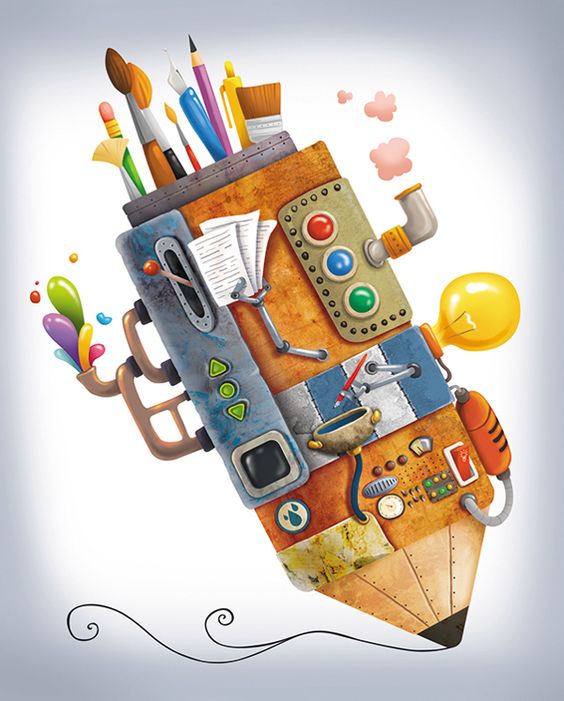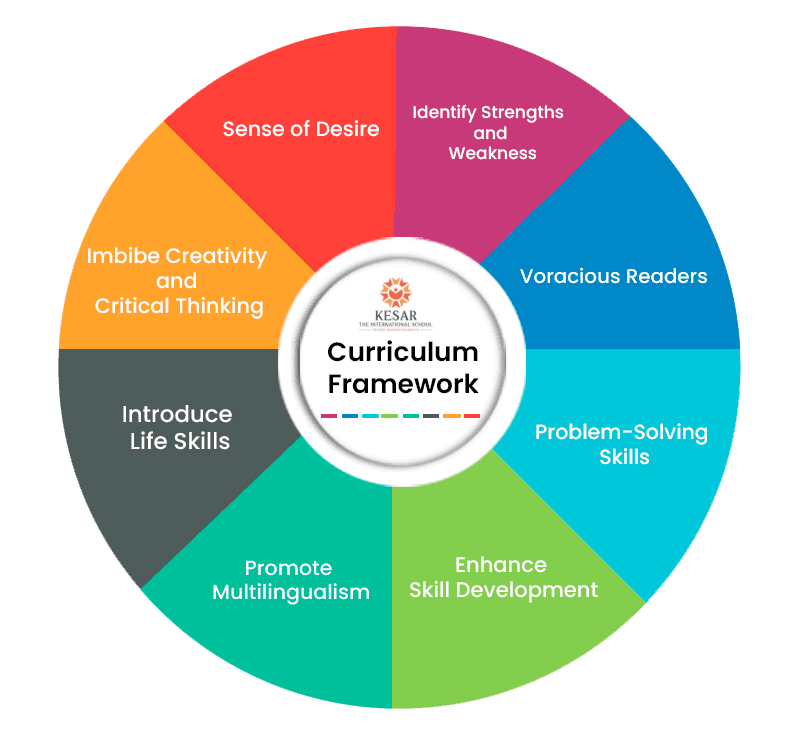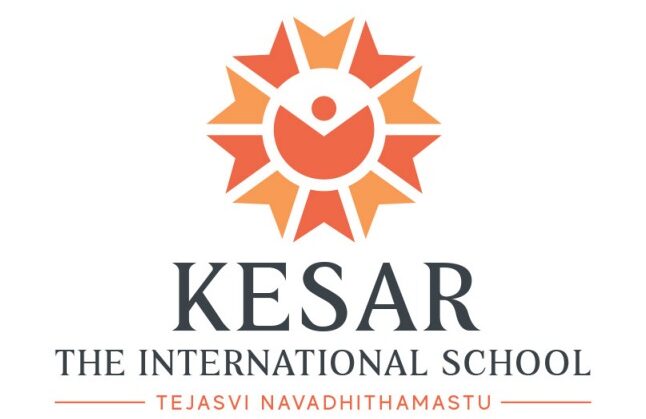Middle Stage
(Blossoming Stage)
Grade 6 to Grade 8
3 Years (age group 11-14)
Maintaining excellence throughout
According to David A Kolb, Learning is the process whereby knowledge is created through the transformation of experience. The NEP 2020 focuses on experiential learning, equity and discovery-based teaching learning methods. We at our school promote this with the help of peer tutoring, fun creative, collaborative and joyful exploratory activities in classroom for experiential learning and deeper student learning. We also focus on skill- enhancement of the students.


Introduction
The Middle Stage comprises of three years of education. It builds on the pedagogical and curricular style of the Preparatory Stage. The introduction and discussion of abstract concepts is done in this stage. It helps in preparing students across various streams. Experiential learning is explored in relations with different subjects.
Implementing of Middle Stage
- Introduce students to the more abstract concepts in subjects like mathematics, science, social science, arts and humanities.
- Introduce Enquiry-based learning.
- Introduce Interactive classrooms and flexible assessments.
- Encourage bagless days once in a year as enrichment activities.
- Provide periodic exposure to the students through activities outside school by visiting places/monuments of historical, cultural importance and by meeting local artists and craftsmen.
- Implementing a discussion-based learning process.

Vision in Achieving the NEP
- To develop scientific temper
- To take the education journey from capacity to capability
- To equip children with 21st century skills
- To create a Holistic and Multidisciplinary education
Learnings in this Programme
- A Multidisciplinary Way of Thinking
- Promoting Holistic Development
- Promoting Technological Literacy
- Creativity
- Critical Thinking
- Innovation

Curriculum Framework
- To create a sense of desire to learn on their own, take risks, to reflect on their own thinking and to trust their own instincts.
- To identify students strengths and weakness and teach them the skills and strategies that best support their learning style.
- To encourage students to be voracious readers, confident speakers and curious listeners. Build skills in public speaking and collaboration.
- To acquire problem-solving skills, create a sense of curiosity, developing research skills, hands-on investigation and integrate it with other subjects.
- To enhance students skill development, creativity, communication, acquire self-esteem, explore various cultures and begin to think critically, logically and empathetically.
- To promote multilingualism and the power of language in teaching and learning.
- To introduce life skills such as communication, cooperation, teamwork, and resilience.
Our Approach
- Integrating teaching to real-world experiences and provide concrete applications to knowledge and skills
- Experiential learning
- Multidisciplinary approach.
- Teach ethics, human & constitutional values
- Curricular Integration of essential subjects, skills, and capacities
- Develop critical thinking in students, teaching them on how to face problems and come up with possible solutions
- Instill moral and intellectual values in students.

